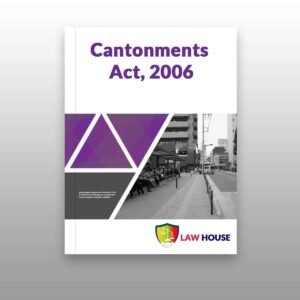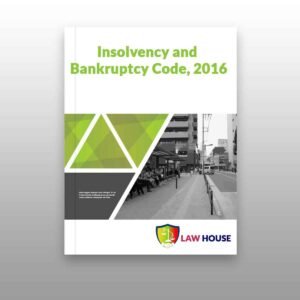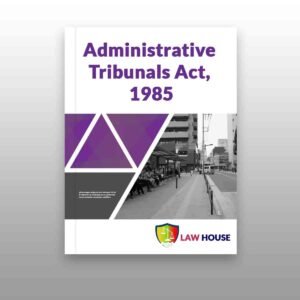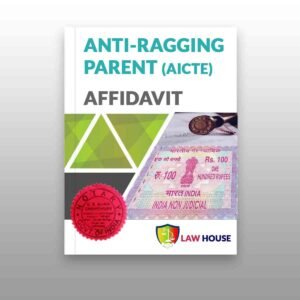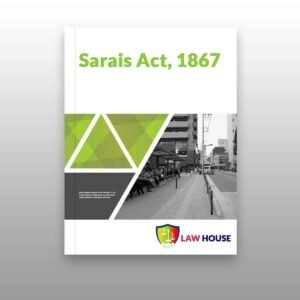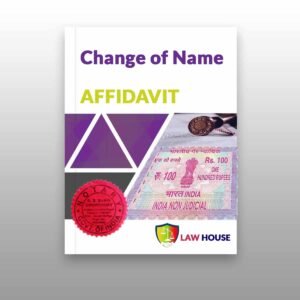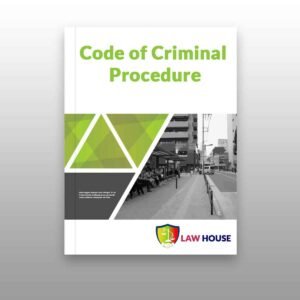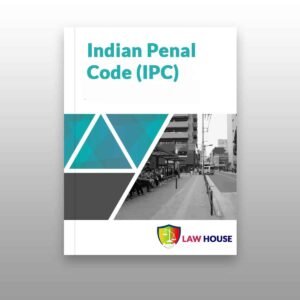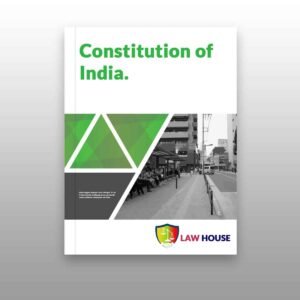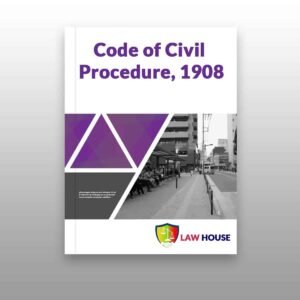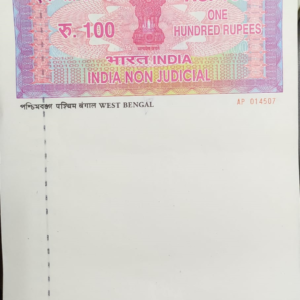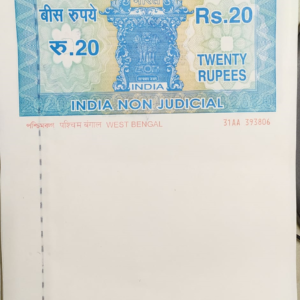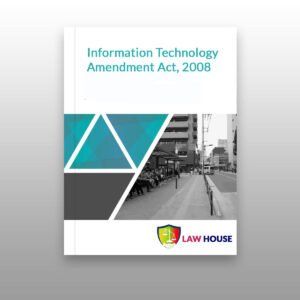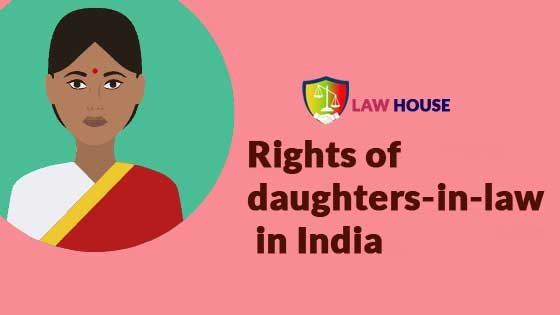Women Right
This article will describe what are the Women Right as daughter-in-law. From the right to residence to the right to maintencance, daughters-in-law have various rights, however, the same are unknown to most!
Women face all sorts of problems in India, beginning with female infanticide, child abuse to dowry deaths as well as marital rapes. The major issue being illiteracy leaves the women unknown of their legal rights resulting in immense emotional and physical pain. Most of all, married women or daughters-in-law are the worst hit considering not much has been said about the legal rights that they are entitled to.
The laws in India may not be specific to address the issues of daughters-in-law; however, they do cover up for most of them. The Constitution of India, being one of the very few documents where gender equality has been taken care of so well, regards daughters-in-law to be at par in the race.
The Supreme Court, in a judgment involving abetment of suicide of a married woman by her husband, has quoted that “Daughter-in-law should be treated as a family member and not a housemaid, and she cannot be thrown out of her matrimonial home at any time”. The Court further added, “Respect of a bride in her matrimonial home glorifies the solemnity and sanctity of marriage, reflects the sensitivity of a civilized society and eventually epitomizes her aspirations dreamt of in nuptial bliss. But the manner in which sometimes the bride is treated in many a home by the husband, in-law and the relatives creates a feeling of emotional numbness in society.”
Here are the important rights every daughter-in-law or a married woman should know:
Right to Streedhan
As per Hindu law, Streedhan refers to whatever a woman receives (including all movable, immovable property, gifts etc.) during pre-marriage/marriage ceremonies (e.g. godh bharai, baraat, mooh dikhai) and during childbirth.
The ownership rights to Streedhan belong to the wife, even if it is placed in the custody of her husband or her in-laws. In case the mother in law possesses her daughter in law’s Streedhan and she dies without leaving a will, the daughter-in-law has a legal right on it, not the son or any other family member.
A woman has inalienable rights over Streedhan and she can claim it even after separation from her husband. A married woman does not lose her legal right to Streedhan due to mere separation from the husband. In case, the Streedhan is denied to a married woman, it would amount to domestic violence making the husband and in-laws liable to face criminal prosecution.
Right to live with dignity and self-respect
Not only does a married woman have the right to live her life with dignity and to have the same lifestyle that her husband has but also has the right to be free of mental and physical torture.
Not many know that the Domestic Violence Act allows a married woman the option to make the husband execute a “bond to keep the peace”, or a “bond of good behaviour” through the Executive, Magistrate who can order the husband and the in-laws to put a stop to domestic violence apart from the right to seek divorce on the basis of domestic violence by the husband or any of his family members. The husband can also be asked to deposit securities in the form of money or property that will be sacrificed if he continues to act violently.
Right to a committed relationship
A married woman has the right to have a committed relationship meaning that her husband cannot be in a relationship with another woman unless a legal divorce is finalised. In addition, if the husband is in a relationship with another woman, a married woman can charge her husband of adultery, which also becomes a ground for divorce.
Right to marital home
The household that a woman shares with her husband; whether it is rented, officially provided, or owned by the husband or his relative is called the marital home or the matrimonial home.
The Hindu Adoptions and Maintenance Act grants a Hindu wife the right to reside in her matrimonial home even if she does not own it, irrespective of whether it is an ancestral house, a joint family house, a self-acquired house or a rented house.
From time to time, courts have ruled that a woman only has a right to residence in marital home as long as the matrimonial relationship between her and her husband remains intact. Further, the Supreme Court has ruled that a married woman has no special right over the self-acquired property of the in-laws against their consent, as this property cannot be treated as a shared property.
Women Right to maintenance
A wife is entitled to claim decent living standards & basic comforts of life by her husband as per his living standards. The same is applicable for children born out of the wedlock.
Even if the relationship between husband and wife get sour, the husband is not stripped off his duty of providing basic maintenance to his wife and children, where maintenance includes provision for food, clothing, residence, education and medical attendance/treatment and in the case of an unmarried daughter also the reasonable expenses of an incident to her marriage.
Women Right to parental property
The changes made in the Hindu Succession Act allow every daughter, whether married or unmarried, to inherit the property of her father after his death. In addition, even if there is no Will left by the father, daughters have equal right of inheritance as sons to their father’s property. Daughters also have a share in the mother’s property.
Earlier daughters were excluded from being a coparcener. A coparcenary comprises the eldest member and three generations of a family. With the advent of the amendment, now women of the family can also be a coparcener.
Further, the Supreme Court has observed that a father is legally entitled to nominate the married daughter to own his cooperative society flat after his death, in exclusion of other family members. The right of others on account of inheritance or succession is a subservient right.
Though the above-mentioned rights are entitled to a daughter-in-law, a lot of issues are still not being addressed legally in India. In hope of a better future of our daughters-in-law, we are spreading the knowledge we have to reach out to the maximum!
Read More:









![Honey trap in Cybercrime: A to Z guide Exploring Honey Trap in Cyberspace [With Video]](https://www.lawhousekolkata.com/wp-content/uploads/Post-Images/Honey-Trap-300x169.jpg)

